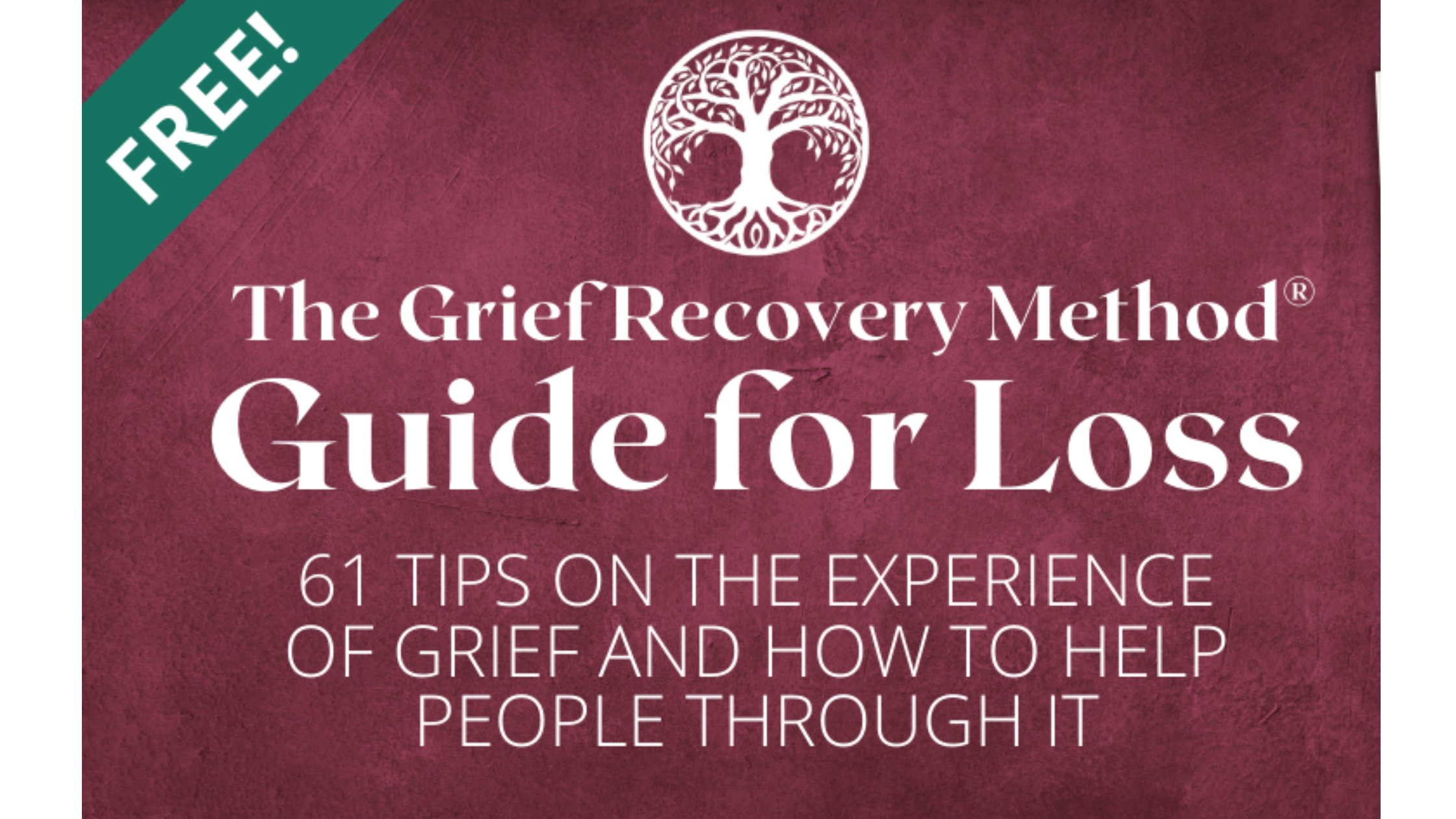Children and Grief
Sometimes those directly affected by loss are children and grief is not always immediately recognized.
Some
children will appear to be misbehaving as an expression of their grief.
Their feelings are overwhelming and they don't know how to express
them. For many children, it may be their first encounter with death or a
significant loss.
Other children may appear as if
nothing has happened. They show no outward signs that their world has
been radically shaken. Regardless of how children express grief, early
intervention is important.
Children and Grief Recovery
There are several ways that you can help a child you care about in the grief process.
1. Be approachable.
When your child wants to talk about his or her loved one, be available.
Children quickly learn when certain subjects are taboo or make you
uncomfortable. Make sure talking about his or her loss is not one of
them.
2. Smile when they talk about their loved
one. Invite them to tell you more. Questions that can be helpful
include: "How do you feel when you remember that?"
3. Play with your child.
Follow your child's lead when they want to play. Many children will
reenact the drama of their lives in their make believe stories. They may
even let you play the part of a character who can give wise advice in
the story. This is a wonderful learning opportunity for children.
4. Talk about good memories.
If the child is recalling a good memory, invite them to tell you more.
Make it safe to share good feelings even when there is a lot of sadness.
Ask, "Do you want to draw a picture about that time you did
____________ with ___________?" Then invite the child to tell you more
about the picture. Many children will enjoy if you stay with them while
they create and interact with them, following their lead.
5. Normalize feelings. Let your child know that all his or her feelings are okay - even anger, and that it is normal to feel that way.
6. Watch for withdrawal or isolation.
Be alert to children who stay in their room a lot or older children who
spend a lot of time away from home. It is not unusual for children to
blame themselves for the death of a loved one or feel that if they had
done or said something differently their loved one would not have left
them. Childish reasoning often leads children to false conclusions that
cause them great pain. Children need adults to help properly interpret
difficult situations.
7. Keep open lines of communication between you and your child.
8. Seek professional help. If necessary, seek outside help for your child from a school counselor, pastor or mental health professional.
As
a parent, or significant adult in the life of a child, your own grief
recovery will likely set the stage for you to be more available to meet
your child's needs. Consider grief recovery coaching
to process the painful, and often confusing, feelings natural to grief.
Your grief recovery coach can suggest how to adapt exercises to a
child's level so you can focus on your children and grief recovery.
Grief therapy
is another resource to help you come to terms with the significant loss
in your life, especially if you or your child already had a mental
health concern such as depression, before the loss occurred.
Return to Home from Children and Grief





